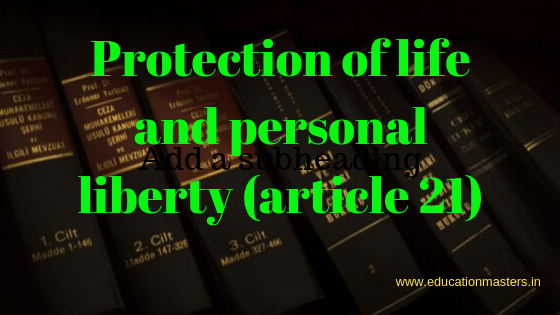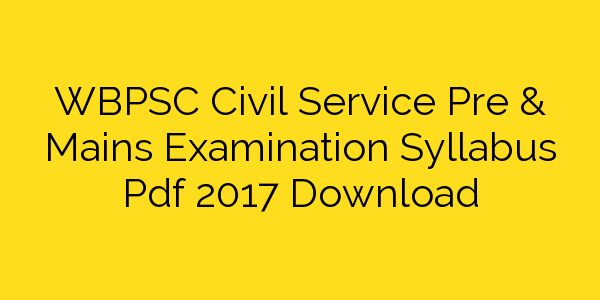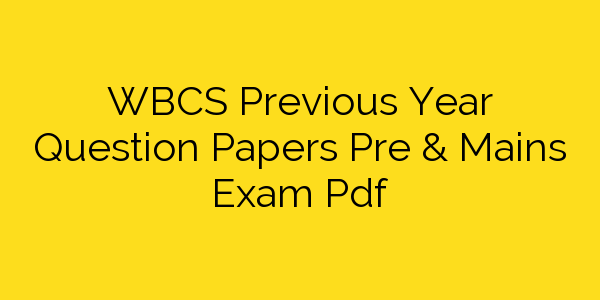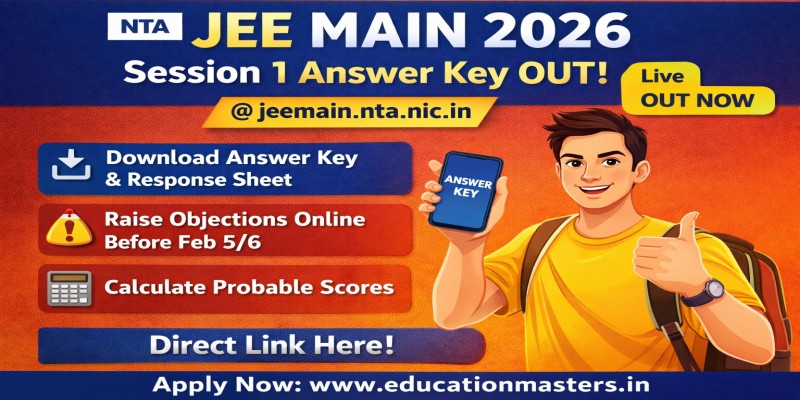Protection of life and personal liberty (article 21)
By Aditya pandey | General knowledge | Oct 07, 2019

In this article, we are explaining the nature of the Indian Constitution. This topic comes in all types of law exams if you are preparing for any type of law exams you should study these facts about the Indian Constitution. constitution of India is the longest constitution of the world. To gain knowledge about the Indian Constitution you can refer this article to know more.
Protection of life and personal liberty (article 21):-
The fifth amendment of the American constitution provides nor shall any state deprive any person of life, liberty and property without due process of law.
Article 21 reads no person shall be deprived of his life or personal liberty except according to the procedure established by law. Guarantee against wrongful deprivation of life or liberty is based on the principle of procedural regularity and fairness not only to citizens but also to non- citizens .it has not been left to the whim of the executive to rob a person of his personal liberty and put him in detention. A person is put in custody if the law warrants and when he is so put, it should be put in conformity with the procedure established by law.
The world “personal liberty” under article 21 import wide interpretation.
The procedure established by law:-
The word “law” in articles 21 refers to a law made by the state and procedure established by law means a procedure established by law made by the state, that is to say, by the union parliament or the legislature of the state
New dimensions of article 21:-
Though article 21 is worded in the negative term after Maneka Gandhi's case, it is now well settled that article 21 has both negative as well as affirmative dimensions. postive rights are very well conferred under article 21.
The following rights are held to be covered under article 21:-
Right to privacy:- The privilege of security in India has created through a progression of choices in the course of recent years. Throughout the years, irregularity from two early decisions made a disparity of sentiment on whether the privilege to security is a basic right. A week ago's judgment accommodates those various elucidations to unequivocally pronounce that it is. In addition, established arrangements must be perused and translated in a way which would improve their similarity with worldwide human rights instruments endorsed by India. The judgment likewise presumes that protection is a vital condition for the significant exercise of other ensured opportunities.
The judgment, where the judges express the explanations for the one-page request, ranges 547 pages and incorporates conclusions from six judges, making a lawful structure for security insurances in India. The sentiments spread a wide scope of issues in explaining that protection is a basic unavoidable right, natural for human poise and freedom
Protection of life and personal liberty (article 21):-
The fifth amendment of the American constitution provides nor shall any state deprive any person of life, liberty and property without due process of law.
Article 21 reads no person shall be deprived of his life or personal liberty except according to the procedure established by law. Guarantee against wrongful deprivation of life or liberty is based on the principle of procedural regularity and fairness not only to citizens but also to non- citizens .it has not been left to the whim of the executive to rob a person of his personal liberty and put him in detention. A person is put in custody if the law warrants and when he is so put, it should be put in conformity with the procedure established by law.
The world “personal liberty” under article 21 import wide interpretation.
The procedure established by law:-
The word “law” in articles 21 refers to a law made by the state and procedure established by law means a procedure established by law made by the state, that is to say, by the union parliament or the legislature of the state
New dimensions of article 21:-
Though article 21 is worded in the negative term after Maneka Gandhi's case, it is now well settled that article 21 has both negative as well as affirmative dimensions. postive rights are very well conferred under article 21.
The following rights are held to be covered under article 21:-
- Right to life with human dignity:- The word “life” in article 21 does not mean mere animals life but it means much more than that. It means human beings life which can be enjoyed through all the organs. So provisions which provide for mutilation of the body or amputation of an arm or leg violates article of the constitution
- Right to livelihood:- in permanent Dweller’s case (1985) 3 SCC, the supreme court has held the although the “right to livelihood” is included in article 21 it is not an absolute right and can be subjected to reasonable restriction in the interest of the general public. accordingly, it was held that that pavement dwellers had no right to encroach upon public street and roads which cause inconvenience to the public.
- Right to shelter:- in chameli Singh v. state of u.p. (1996) 2 SCC 549 the supreme court has held that the right to shelter is a fundamental right under article 21 of the constitution and therefore, it is the duty of the state to provide housing facility to Dalits and Scheduled tribes.
Right to privacy:- The privilege of security in India has created through a progression of choices in the course of recent years. Throughout the years, irregularity from two early decisions made a disparity of sentiment on whether the privilege to security is a basic right. A week ago's judgment accommodates those various elucidations to unequivocally pronounce that it is. In addition, established arrangements must be perused and translated in a way which would improve their similarity with worldwide human rights instruments endorsed by India. The judgment likewise presumes that protection is a vital condition for the significant exercise of other ensured opportunities.
The judgment, where the judges express the explanations for the one-page request, ranges 547 pages and incorporates conclusions from six judges, making a lawful structure for security insurances in India. The sentiments spread a wide scope of issues in explaining that protection is a basic unavoidable right, natural for human poise and freedom
सरकारी नौकरियों, जीके अपडेट्स और करेंट अफेयर्स की ताज़ा जानकारी सबसे पहले पाने के लिए:
-
हमारे WhatsApp चैनल को फॉलो करें:
https://whatsapp.com/channel/0029Vb6sjZz0wajwDXcd5B0U -
हमारे Telegram चैनल को फॉलो करें:
https://t.me/educationmastersin -
हमारे Facebook Page को फॉलो करें:
https://www.facebook.com/educationmastersindia
Share this Post
(इस पोस्ट को अपने दोस्तों के साथ शेयर करना ना भूले)Posts in Other Categories
Latest Posts
Top 10 Longest Rivers in the World | Length, Ori ...
Feb 05, 2026
JEE Main 2026 Session 1 Answer Key Out @ jeemain ...
Feb 04, 2026








.jpg)
.jpg)


